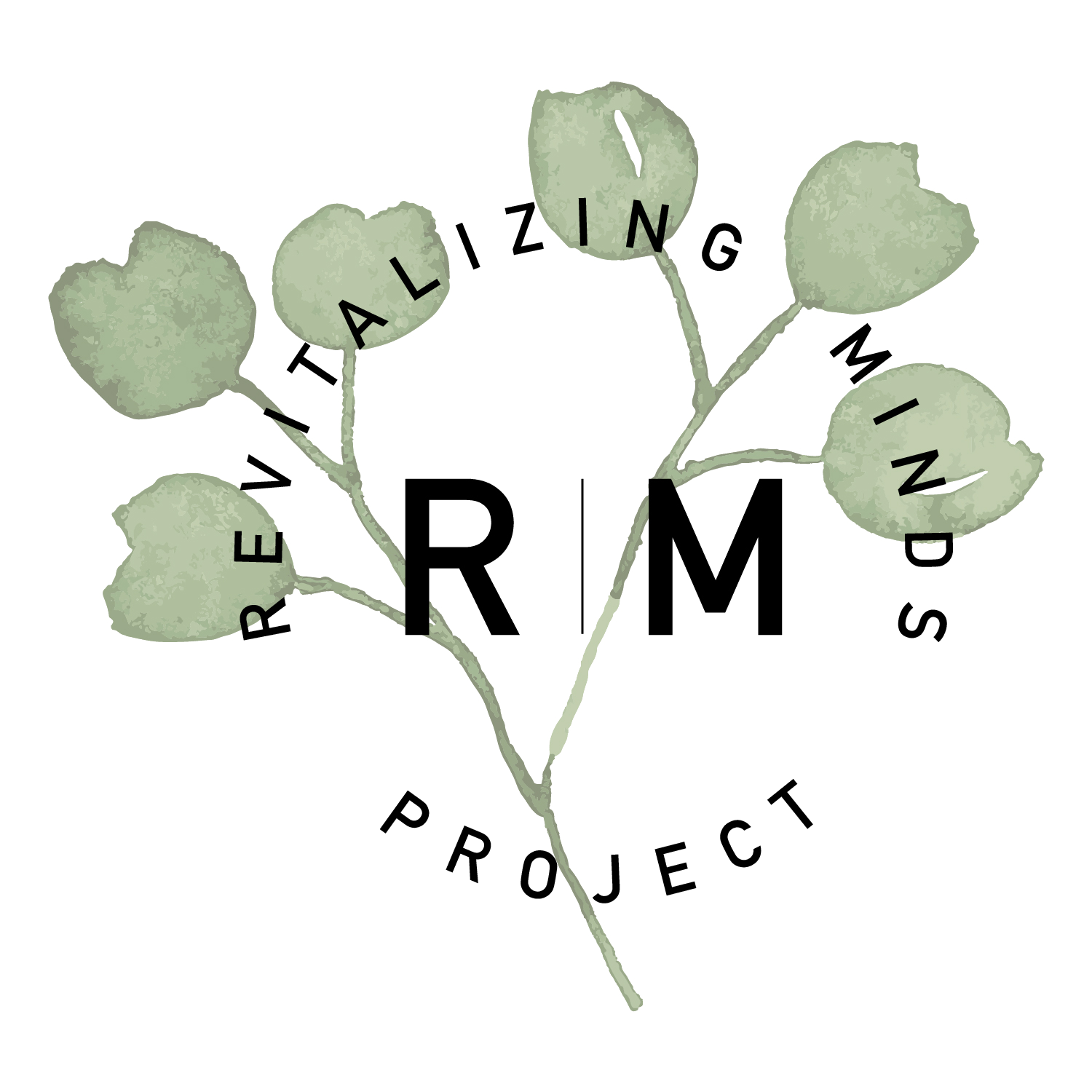Now Offering:
Pro bono offerings designed to support first responder well-being as you navigate the unique challenges being faced in the aftermath of the Eaton fire and devastation within the community this past week. Please email info@revitalizingmindsproject.com OR mindmatterswithmaggie@gmail.com to join either group beginning, Monday 1/20 for the PFD support (for first responders within Pasadena Fire Department) and on Wednesday 1/22 for PFD Partners (for spouses/partners of those within Pasadena Fire Department). These will be provided at no cost to PFD members/families.
What to expect in a session:
We work with a broad range of clients coming from all walks of life. To see if we might be a good fit for you, give us a call today for a free 15 minute consultation. After you have decided that this feels right or aligns with what you are working towards, a qualified mental health therapist will schedule you for an initial appointment to start working together. During your first therapy appointment, you can expect a warm, welcoming and confidential environment where you will have the chance to discuss your reasons for seeking therapy and your goals for treatment. Your therapist will ask some questions to get to know you better, including information about your background, current challenges you may be facing, and any relevant medical history. You will have the opportunity to share as much or as little as you feel comfortable with, and your therapist will listen without judgment. Together, you will work to establish a trusting therapeutic relationship and begin to explore strategies for managing your concerns voiced in that first session. By the end of your session, we hope that you will have a clearer understanding of what to expect from therapy moving forward and feel more hopeful about the process. That is our goal. It is important to always remember that therapy is a collaborative effort, and your therapist is there to support you on your journey towards wellness, healing and growth.
Following the initial intake and your first session, your qualified mental health therapist will guide you through how to access and identify your emotional patterns to then assist you in developing strategies to approach your life with more ease and understanding through the use of talk or art therapy, including but not limited to modalities such as: drawing, painting, coloring, and sculpture. Your therapist may choose to incorporate somatic (body oriented) techniques or ecotherapy (nature-based) interventions to address both psychological and physiological aspects of your well-being, based upon your needs and what aligns with the goals that you are hoping to work towards. Therapy is a client-centered space designed to feel safe and warm, prioritizing your comfort and well-being. While at times it may feel uncomfortable, it is important to acknowledge that the process of exploring deep-seated issues can feel difficult or challenging. This discomfort is often a natural part of the therapeutic journey as we work together to uncover and address unresolved issues, ultimately fostering new personal growth and healing.
We hope to be a part of your journey that starts today. Give us a call or email us to schedule your free 15 minute consultation.
Art Therapy
For Adults, Children & Young Adults
Integrated Art Psychotherapy offers a close, supportive, one-to-one relationship to build a deeper safe space for our clients to express and explore their healing journey. Our method helps people resolve conflicts, improve interpersonal skills, manage problematic behaviors, reduce stress, & achieve personal insight. Integrated Art Psychotherapy is an effective treatment for those experiencing developmental, medical, educational, social and psychological impairment. Individuals who would benefit: trauma survivors, persons with adverse physical health conditions such as cancer, traumatic brain injury, and other health disability; and persons with autism, dementia, depression, and other disorders.
FOR CHILDREN: Trauma Focused Cognitive Behavioral Therapy (TF-CBT): A conjoint child/parent psychotherapy approach for those experiencing emotional and behavioral difficulties related to traumatic life events. It is a components-based treatment model that incorporates trauma-sensitive interventions with cognitive behavioral, family, and humanistic principles and techniques. TF-CBT helps to learn new skills, process thoughts and feelings related to traumatic life events; manage and resolve distressing thoughts, feelings, and behaviors related traumatic life events; and enhance safety, growth, parenting skills, family communication, address post-traumatic stress disorder, depression, anxiety, externalizing behaviors, sexualized behaviors, feelings of shame, and mistrust.









